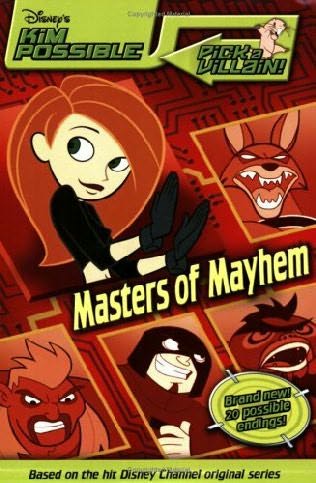
A couple brief notes.
From Pogo Was Right, a link to the Boston Globe op-ed on privacy, security and Harry Potter hackers. The nut of the argument of Mr. Peters, CISSP:
I remember hearing a guy named Maple quote an IBM study stating the Americans love their privacy, but will trade it away for a fifty cent off coupon. That was 1998, and I don't think much has changed.
People take to the streets to protest the Patriot Act or the search of phone records even though the payoff may be stopping a terrorist. But the same people freely give their phone number or address to a checkout clerk when the only payoff is an abundance of junk marketing.
I'm not quite ready to give up on the power of consumer, but this chart is the most distressing for me. The consumer doesn't matter if the shareholder get his bit.
And I was flattered that the Periodical of Record for Road Racing in North America picked up my post on the Ducati laptop lost and found. I should let Ducati know that I'd be happy to test the security of the USB Ducati Data Analysis on the 1098S just to make it is, you know, compliant with EU Privacy Directive. Maybe hook it up with some 802.11n and turn the 1098 into the only Desmo driven war driving device.














